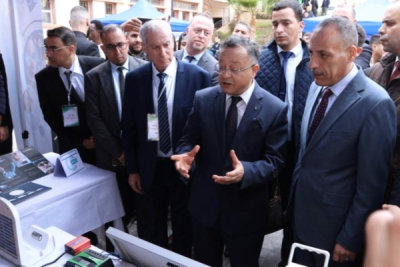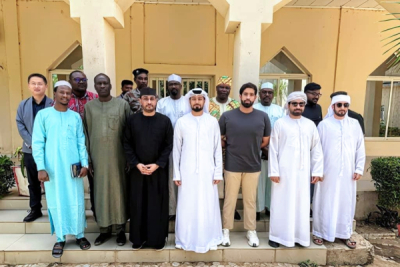Google and the IFC estimate that the digital economy could generate $180 billion for the African economy by 2025. However, many countries could miss out on this opportunity because of their lagging digital transformation. These countries are trying to avoid such outcomes with bilateral cooperation.
Cabo Verde’s Secretary of State for Innovation, Pédro Fernándes Lopes (photo, left), and the Ivorian Minister of Digital Economy Amadou Coulibaly (photo, right) discussed bilateral digital cooperation last September 15, in Abidjan.
According to Amadou Coulibaly, Côte d’Ivoire has so much to learn from Cabo Verde, which is among the African countries with the highest e-government development index. As the eighth best African country in that index (per recent UN figures), Cabo Verde performs well in the online services, telecommunications infrastructure, and human capital segments.
Pédro Fernándes Lopes stressed that Côte d'Ivoire can bring a lot to Cabo Verde. "We are certainly a small country, but we have great goals. We think that Côte d’Ivoire is a strong partner, which can help us achieve those goals,” he said. The State secretary also invited the Ivorian Minister of Digital Economy to visit the Cabo Verde Technology Park, an AfDB-funded digital entrepreneurship and innovation support infrastructure that is expected to be completed by the end of 2022.
In its 12th edition of the Côte d’Ivoire economic update, the World Bank forecasts that the digital sector could contribute more than $20 billion, or 10% of the GDP to Côte d’Ivoire’s economy. The sector has already created 3,000 direct jobs and contributed $5.5 billion (3% of GDP) to the country’s economy.
Samira Njoya



















